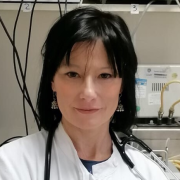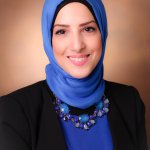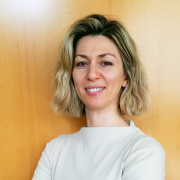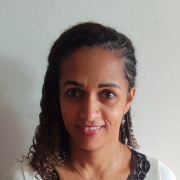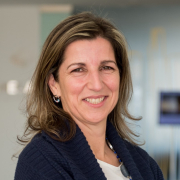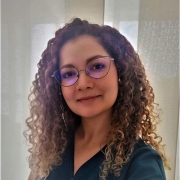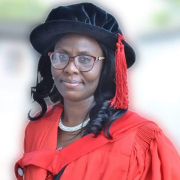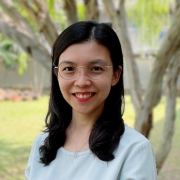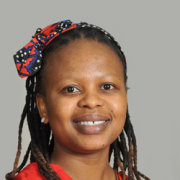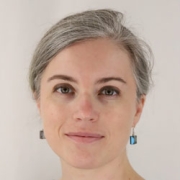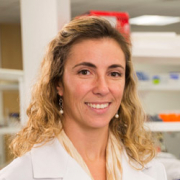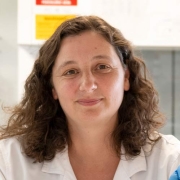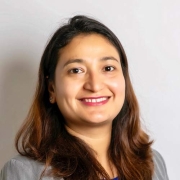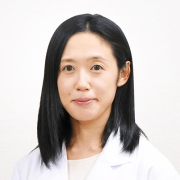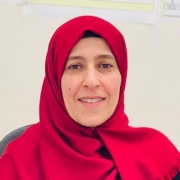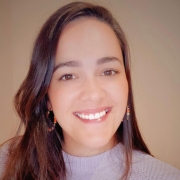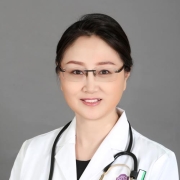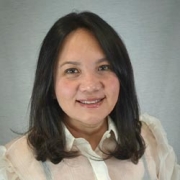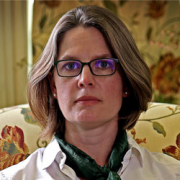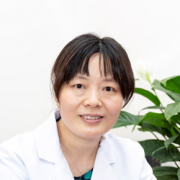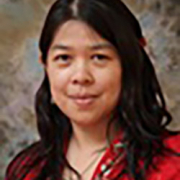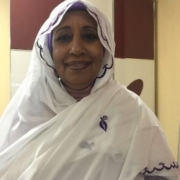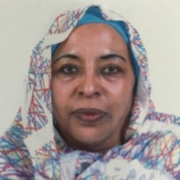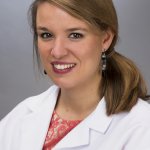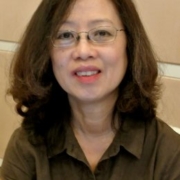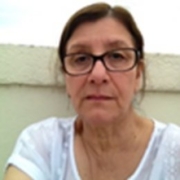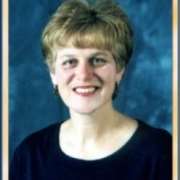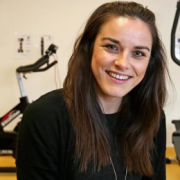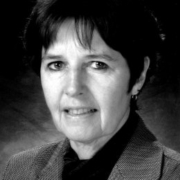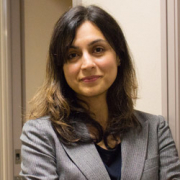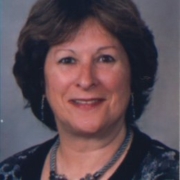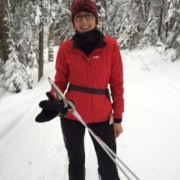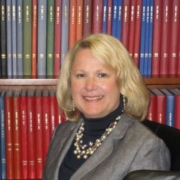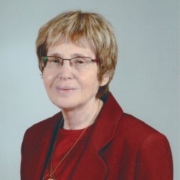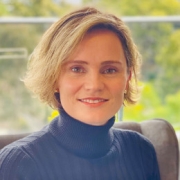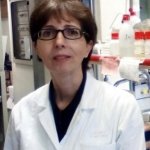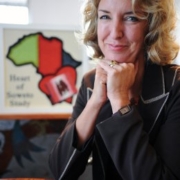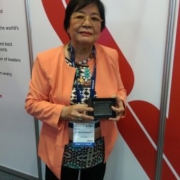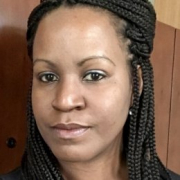1. What is your role at your work?
I am an Assistant Professor at AUB, active in teaching and research in Cardiovascular and Renal disease, and Pharmacology.
2. How did you get interested in your career path?
Living in low-income or middle-income country with high cardiovascular mortality, I developed a desire to understand mechanisms of heart and vascular disease. Driven by my passion for Hypertension research, I therefore decided to move to the United States to pursue further research training.
3. What are you most proud of in your career or otherwise?
Receiving Continuous funding and award recognition throughout my training and making innovative research contribution to the inflammation-mediated cardiovascular and renal disease. Among my contributions, I uncovered a novel role for immunological memory in the pathogenesis of hypertension.
4. What important career challenges have you faced and how did you overcome them?
Throughout my research training, I learned from challenging experiences to persevere and never give up and pursue my goals passionately. Developing a successful career in science entails a great deal of work-life balance, hard work and commitment, outstanding training, funding, and working in an enriched scientific environment among outstanding collaborators.
5. What advice would you give your younger self?
Maintaining a work life balance is a challenge but when there is a will there is a way. Never be afraid to walk your destiny and follow your dreams even if you have to leave family behind and travel to a foreign country.
6. Highlight your most significant research contributions and publications (3-5) – if relevant to you.
Itani HA, Xiao L, Saleh MA,Wu J, Pilkinton MA, Dale BL, Barbaro NR, Foss JD, Kirabo A, Montaniel KR, NorlanderAE, Chen W, Sato R, Navar LG, Mallal SA, Madhur MS, BernsteinKE, Harrison DG. Immunological Memory Exacerbates Responses to Repeated Hypertensive Stimuli. Circ. Res. 2016. PMID: 26988069.
Itani HA, McMaster WG, Saleh MA, Nazarewicz RR, MikolajczykTP, Kaszuba Anna, Konior Anna, Prejbisz Aleksander, Januszewicz Andrze, Norlander AE, Chen Wei, Bonami RH, Marshall AF, Poffenberger G, Weyand CM, Madhur MS., Moore DJ., Harrison DG, Guzik TJ. Activation of human T cells in hypertension: Studies of Humanized Mice and Hypertensive Humans. Hypertension 2016. PMID: 27217403.
Kirabo A, Fontana V, de Faria A, Loperena R, Galindo C, Wu J,Bikineyeva A, Dikalov S, Xiao L, Chen W, Saleh M, Trott D, Itani HA, Vinh A, Amarnath V, Amarnath K, Guzik T, Bernstein K, Shen X, Shyr Y, Chen S, Mernaugh R, Laffer C, Elijovich F, Davies S, Moreno L, Madhur M, Roberts J, Harrison DG. Isoketal-Modified Proteins in Dendritic Cells Activate T Cells and Promote Hypertension. J. Clin Invest. 2014. PMCID: PMC4220659.
Itani HA*, Dikalova AE*, Nazarewicz RR, McMaster WG, Gamboa JL, Fessel JP, Harrison DG and Dikalov SI. Sirt3 inactivation and SOD2 hyperacetylation in vascular oxidative stress and hypertension. Circ. Res. 2017. PMID: 28684630.
Youn JY, Siu KL, Lob H, Itani HA, Harrison DG, Cai H. Role of Vascular Oxidative Stress in Obesity and Metabolic Syndrome. Diabetes. 2014 Feb 18. PMID: 24550188.
7. Have you had any significant career mentors? If yes, please provide further details.
Yes, I received my graduate and postgraduate training by two Novartis award winners and outstanding investigators that I am grateful for, Dr. Curt D. Sigmund and Dr. David G. Harrison. They both contributed to my career development and are great role models that I look up to in terms of leadership skills, mentoring and teamwork. Both are advocates for diversity and supportive of women in hypertension research.
8. How can we support the next generation of women scientists?
Throughout my career, I have been committed to serve as a role model for younger colleagues through mentoring, teaching, volunteer work, and serving on scientific committees. I will continue to be active as a mentor and to advocate for women in science through teaching, recruiting and promoting women in science.
